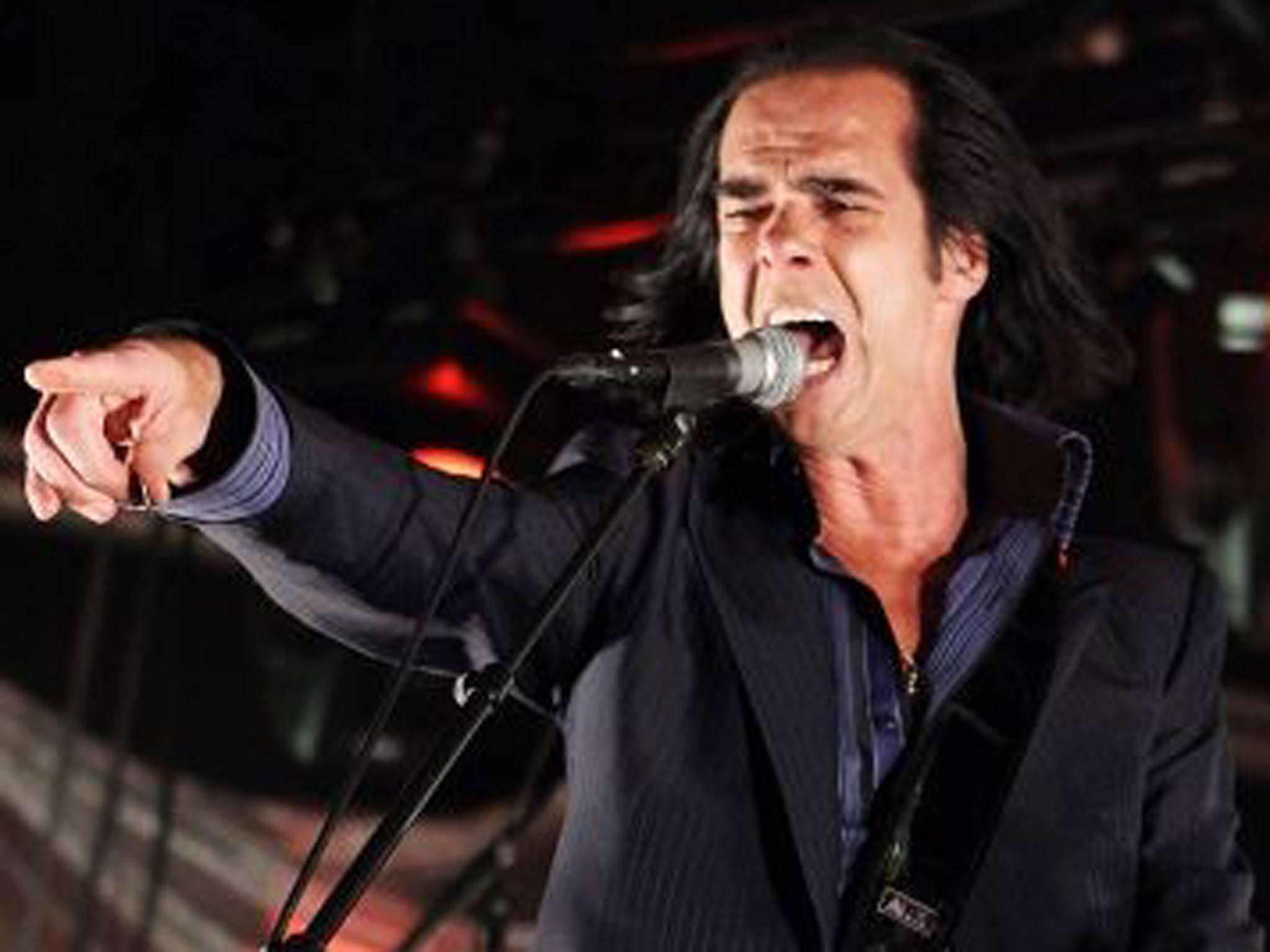Your support helps us to tell the story
From reproductive rights to climate change to Big Tech, The Independent is on the ground when the story is developing. Whether it's investigating the financials of Elon Musk's pro-Trump PAC or producing our latest documentary, 'The A Word', which shines a light on the American women fighting for reproductive rights, we know how important it is to parse out the facts from the messaging.
At such a critical moment in US history, we need reporters on the ground. Your donation allows us to keep sending journalists to speak to both sides of the story.
The Independent is trusted by Americans across the entire political spectrum. And unlike many other quality news outlets, we choose not to lock Americans out of our reporting and analysis with paywalls. We believe quality journalism should be available to everyone, paid for by those who can afford it.
Your support makes all the difference.Sometimes, less is much, much more: where most bands strive for our attention by being louder, waving their musical semaphore flags frantically, on Push the Sky Away, Nick Cave and the Bad Seeds separate themselves out by being less demonstrative, less urgent, less complex. And in doing so, they've made their best album, a thoughtful, oceanic work that sucks one in, its hidden currents exerting a subtle but strong undertow.
The watery metaphor is well chosen. The album is dominated by the sea, with several songs written as observations from Cave's Brighton study window overlooking the beach, and the music progressing as a series of gently pulsing waves, each song pushing the next forward: it's an old-style album, intended to be listened to in full, and it's hard to leave it partway through.
With the departure of Mick Harvey, the dominant musical character is provided by Cave's soundtrack collaborator Warren Ellis, whose string drones and keyboard parts establish a brooding mood that perfectly fits the singer's ruminations on such abiding interests as age and desire and spirit and the infinite flexibility of truth and belief. The guitar, once so prevalent, is here reduced to a supporting role of muted riffs and cyclical arpeggios, while the violin dictates the dramatic textures behind Cave's narratives.
There's a strong element of voyeurism in the songs, Cave variously observing youthful Eros at play in “Wide Lovely Eyes” and “Water's Edge”, strolling wistfully through the red-light district of “Finishing Jubilee Street”, and contemplating the mythical beauty of “Mermaids”. But at every turn, his roving eye leads him to deeper spiritual considerations, culminating in “Higgs Boson Blues”, a reflection on moral quandary whose shifting focus – from Robert Johnson at the crossroads to Martin Luther King shot in Memphis, to Miley Cyrus in a California pool, to Cave himself nearby the Large Hadron Collider – reflects the corresponding erosion of value imparted by internet-based “truth”.
These are big themes, dealt with imaginatively by a singer and a band both operating at the peak of their powers. Album of the year?
Download: We No Who U R; Water's Edge; Jubilee Street; Mermaids; Higgs Boson Blues

Join our commenting forum
Join thought-provoking conversations, follow other Independent readers and see their replies
Comments